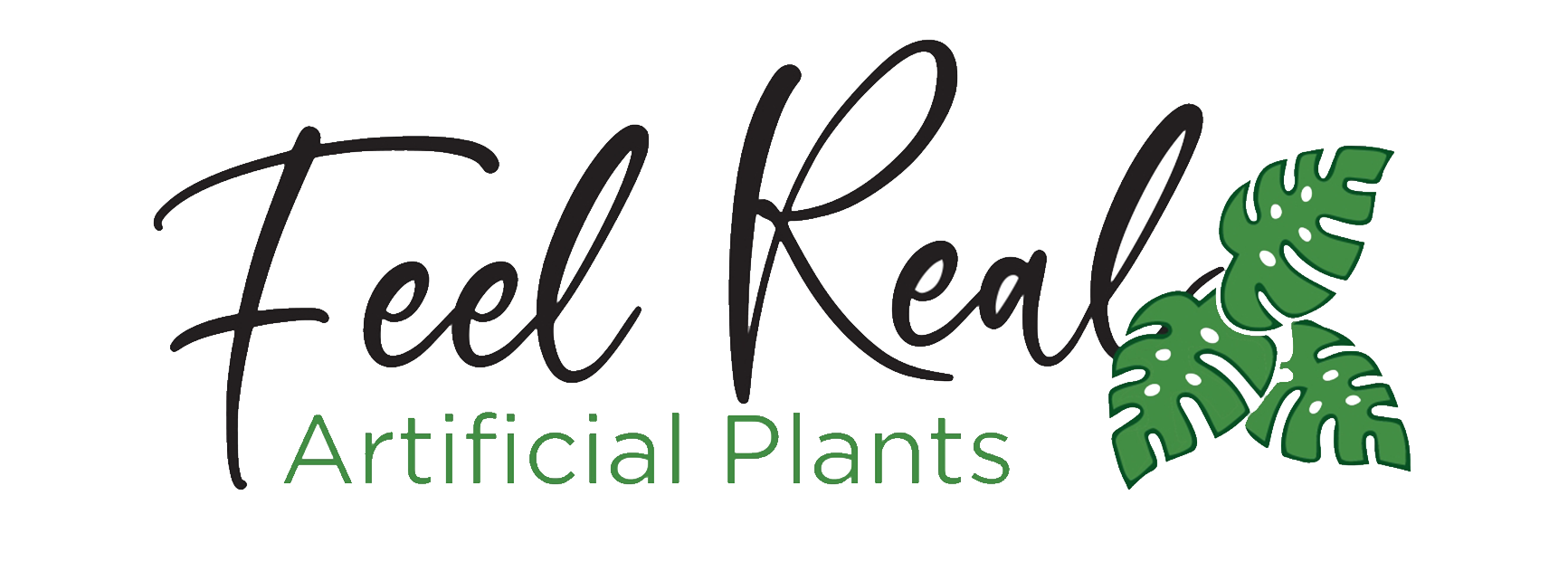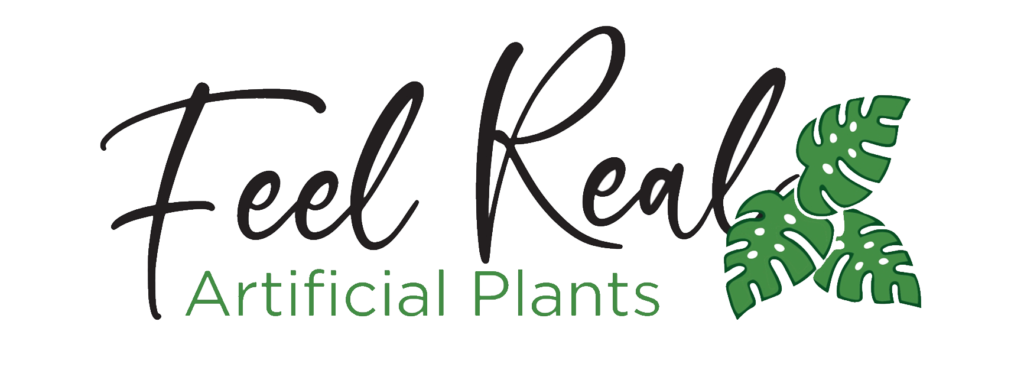Artificial plants have come a long way since their early days when they were considered tacky and cheap alternatives to live plants. Today, they are widely accepted as a practical and cost-effective alternative to live plants for both indoor and outdoor decoration. Screen printing is a popular process used to create intricate and detailed designs on artificial plants.
As a manufacturing factory specializing in producing artificial plants, we understand the importance of quality and customization in this market. To ensure our products stand out from the competition, we utilize screen printing as one of our main production processes. In this article, we will discuss the process of screen printing on artificial plants and how it benefits both us as manufacturers and our wholesale customers.
What is Screen Printing?
Screen printing is a technique that involves transferring ink onto a surface through a mesh stencil. The stencil is created by blocking out areas of a mesh screen to create a design or pattern. Ink is then forced through the open areas of the stencil and onto the surface below, resulting in a highly-detailed and precise print.
Screen printing is a popular technique in the world of textiles and signage, but it can also be used on a variety of other surfaces, including artificial plants. By using screen printing to add designs and patterns to your plants, you can create a unique and customized product that stands out in the market.
The Process of Screen Printing on Artificial Plants:
Screen printing on artificial plants is a highly specialized process that requires precision and attention to detail. At our manufacturing factory, we use advanced printing technology and techniques to ensure that the end result is of the highest quality.
Step 1: Design Creation
The first step in the screen printing process is to create a design. We work closely with our customers to understand their specific design requirements, including colour, size, and placement on the plant. Once the design is finalized, we create a digital file that will be used to create the stencil.
Step 2: Stencil Creation
To create the stencil, a mesh screen is coated with a light-sensitive emulsion and subsequently exposed to a UV light source. The design is then “burned” onto the screen, creating a stencil that will be used to transfer the ink onto the plant.
Step 3: Ink Preparation
Next, we prepare the ink that will be used in the printing process. We use high-quality, eco-friendly inks that are specially formulated for use on artificial plants. The ink is mixed to match the exact colour specifications provided by the customer.
Step 4: Printing
Once the stencil and ink are prepared, we are ready to start the printing process. The plant is carefully positioned on the printing table, and the stencil is placed on top of it. Ink is then applied to the stencil using a squeegee, which forces the ink through the mesh and onto the plant. The process is replicated for every individual color within the design.
Step 5: Drying and Quality Control
After the printing is complete, the plant is carefully moved to a drying area to ensure the ink is fully cured. We then conduct a thorough quality control check to ensure that the final product meets our high standards and the customer’s specifications.
Benefits of Screen Printing on Artificial Plants
Screen printing on artificial plants offers several benefits for your business and clients. Here are just a few of them:
Customization – Screen printing allows for a high level of customization, with the ability to print intricate designs, patterns, and logos onto the plant’s surface. This allows our wholesale customers to create unique products that stand out in the market and align with their branding and marketing strategies.
Durability – Screen printing ink is highly durable and resistant to fading, peeling, and scratching. This ensures that the designs and logos remain intact over time, even with frequent handling or exposure to outdoor elements.
Efficiency – Screen printing is a fast and efficient production process, allowing us to produce large quantities of customized artificial plants quickly. This benefits both us as manufacturers and our wholesale customers, who can receive their orders in a timely manner.
Cost-Effectiveness – Screen printing is a cost-effective production process with low setup costs and the ability to produce large quantities at a relatively low cost per unit. This allows us to offer competitive pricing to our wholesale customers while maintaining high-quality products.
Branding – Adding your company’s logo or branding to your artificial plants is a great way to increase brand recognition and promote your business. This is particularly useful for companies looking to strengthen their brand identity and improve their marketing efforts.
Versatility – Screen printing can be done on a variety of artificial plant materials, including silk, plastic, and paper. This means you can offer customized options for various clients and industries.
Precision – Screen printing is a highly precise technique, meaning you can achieve detailed and intricate designs on your plants.
Screen printing is a highly specialized process that offers a number of benefits for artificial plant wholesalers. At our manufacturing factory, we use advanced printing technology and techniques to ensure that the end result is of the highest quality. By offering screen printing as a customization option for our artificial plants, we can provide our customers with a unique and personalized product that stands out in the market. Contact us today to learn more.



